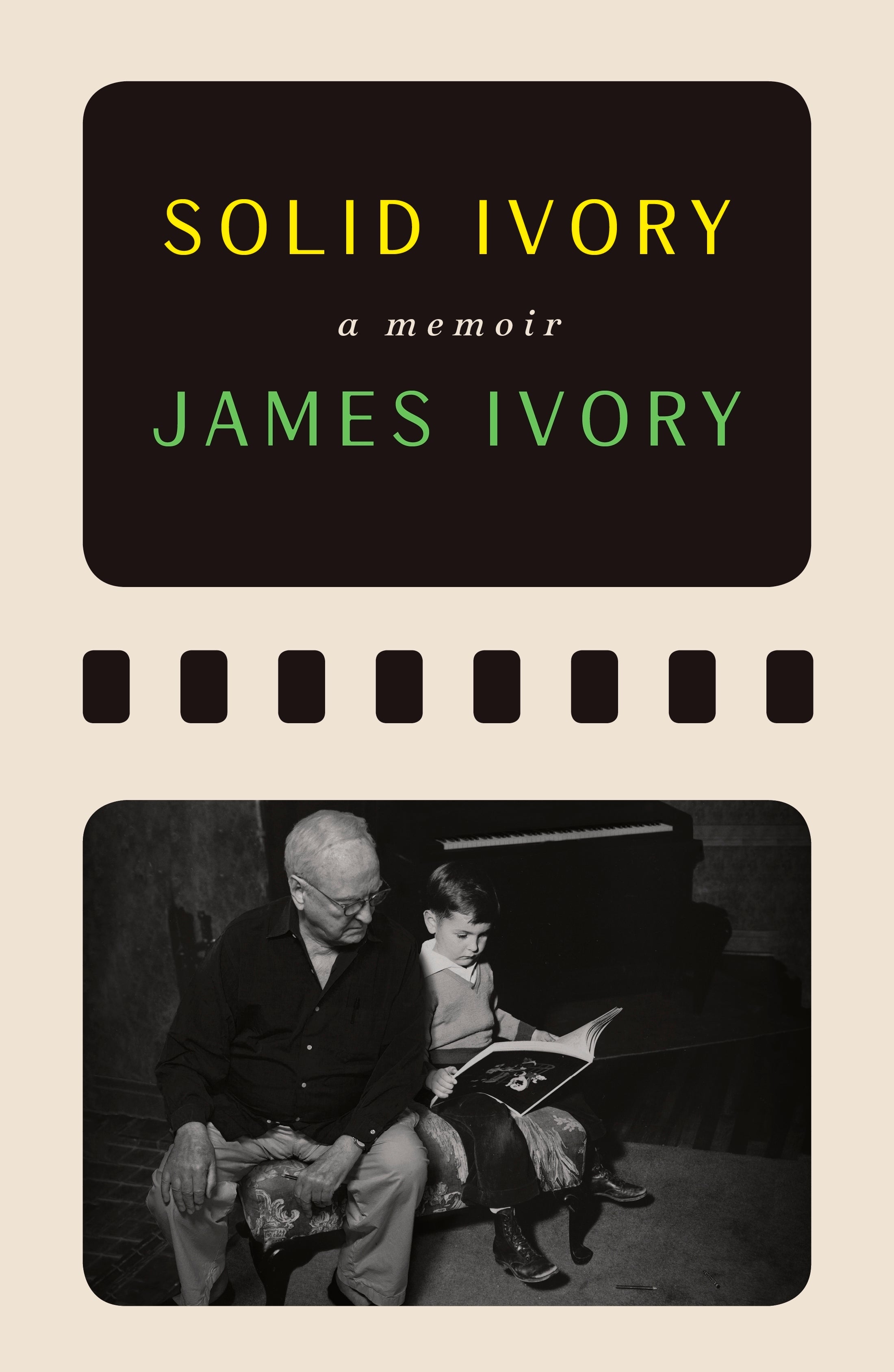Review: Oscar winner James Ivory delivers patchy memoir
Film director James Ivory knows how to engage an audience

Your support helps us to tell the story
From reproductive rights to climate change to Big Tech, The Independent is on the ground when the story is developing. Whether it's investigating the financials of Elon Musk's pro-Trump PAC or producing our latest documentary, 'The A Word', which shines a light on the American women fighting for reproductive rights, we know how important it is to parse out the facts from the messaging.
At such a critical moment in US history, we need reporters on the ground. Your donation allows us to keep sending journalists to speak to both sides of the story.
The Independent is trusted by Americans across the entire political spectrum. And unlike many other quality news outlets, we choose not to lock Americans out of our reporting and analysis with paywalls. We believe quality journalism should be available to everyone, paid for by those who can afford it.
Your support makes all the difference.“Solid Ivory: Memoirs” by James Ivory (Farrar, Straus and Giroux):
Film director James Ivory knows how to tell a story and engage an audience. His most popular and critically acclaimed costume dramas — “A Room with a View,” “Howards End” and “The Remains of the Day” — earned him three Oscar nominations. So it is odd that the second half of the famed Merchant Ivory film company could write a foundering second half to his memoir.
Once the focus of “Solid Ivory: Memoirs” moves beyond his youth in Depression and postwar America the charming narrative becomes disjointed and much less engaging. Any shortcomings cannot be easily written off to Ivory’s 93 years since in 2018 he won an Academy Award for his screenplay of “Call Me By Your Name ” which made him the oldest Oscar winner in academy history.
Ivory directed more than three dozen films, usually working with his partner in both business and life, Ismail Merchant. Yet his memoir contains surprisingly little on the making of these movies, the main reason one might pick up the book in the first place.
Ironically, the few pages devoted to “Call Me By Your Name” are revelations about cover-ups — Ivory was booted as co-director for no stated reason and the actors’ contracts specified that their love scenes not include full frontal nudity, the absence of which annoyed some gay viewers hungry for the same explicit romance entitled to straight audiences.
Beyond making movies, what Ivory chooses to discuss doesn’t anticipate what most readers might seek. He devotes far less space and insight to a portrait of Merchant than he does for famed travel writer Bruce Chatwin, an off-and-on lover. Other sketches of people in his life, including screenwriter Ruth Prawer Jhabvala and Vanessa Redgrave, are hit and miss.
Ivory’s sharpest remembrance of things past comes from his first two decades and draws a colorful portrait of mid-20th century life, particularly for a gay teenager growing up in a small Oregon town and later off to college. Still, one is left to wonder how his own sexuality affected the creation of his films “Maurice” and “Call Me By Your Name,” landmark mainstream movies with gay themes.
At one point Ivory describes his personal attributes as “relaxed, easy-going and comfort seeking” and says those qualities are reflected in his films. In his memoir, too, which isn’t a bad thing, except when they fail to fuel introspection.
___
Douglass K. Daniel is the author of “Anne Bancroft: A Life” (University Press of Kentucky).